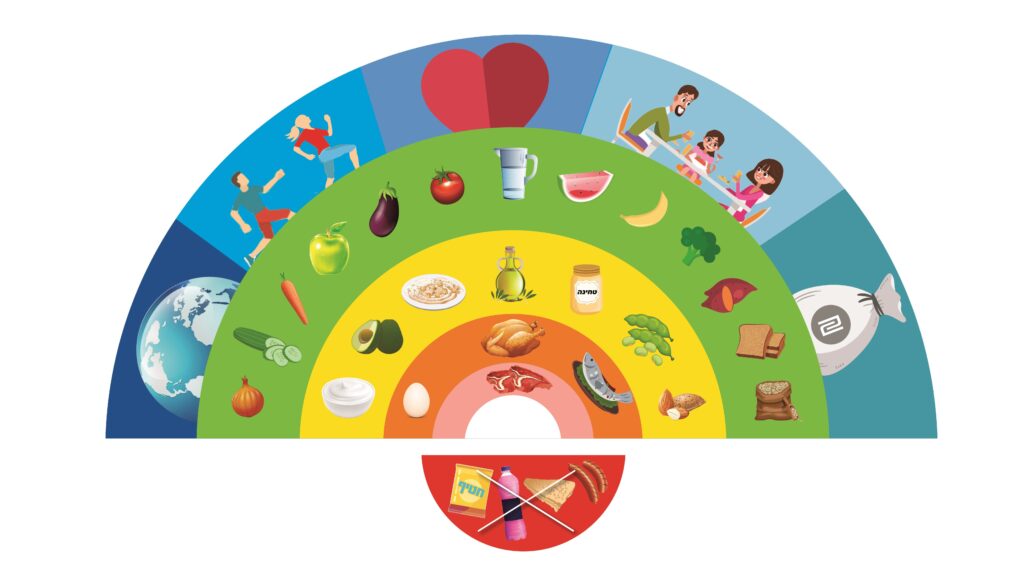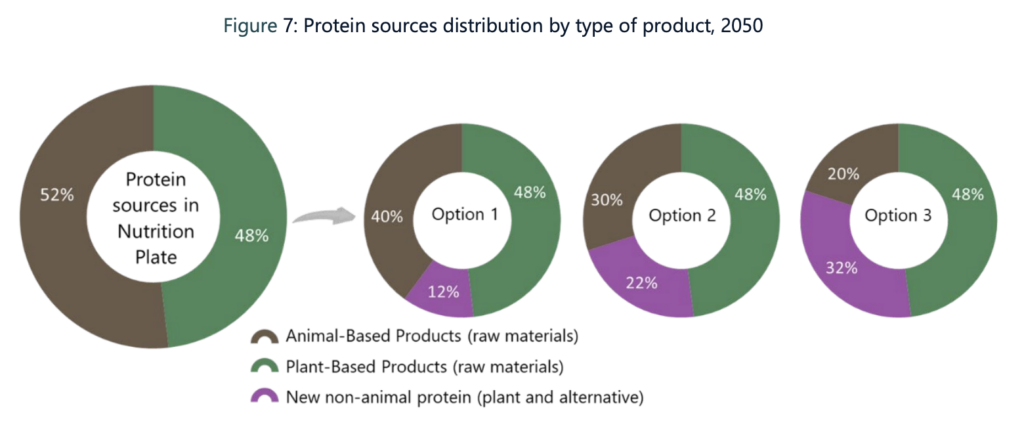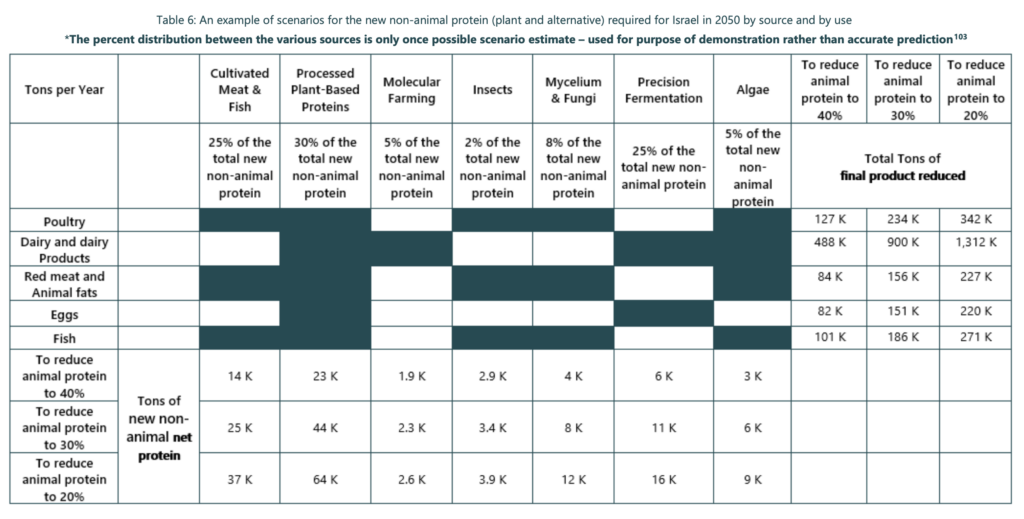
Meat and dairy should only account for a maximum of 40% of Israel’s protein supply by 2050 to ensure food security amid the climate crisis, according to a new study.
One of the world’s largest meat consumers, where food security is threatened due to high import levels and the changing climate, Israel needs to accelerate the shift away from animal proteins to safeguard its food supply.
A new report by the Samuel Neaman Institute for National Policy Research suggests that by 2050, between 60% and 80% of the country’s protein supply must come from alternatives like plant-based, cell-cultivated or fermentation-derived products. This would boost local production, lower greenhouse gas emissions, and strengthen long-term food security.
“In general, Israel is a net importer – meaning it imports most of its food and feed,” Prof Eyal Shimoni, the report’s lead author, tells Green Queen.
“Therefore, to increase food security, we need to produce much more locally, which is challenging due to our geography (many arid lands, climate change, etc.). Replacing animal-derived protein with plant/alternative sources will significantly reduce the reliance on animal feed imports.”
Israel’s dietary guidelines need an overhaul

The research notes that there are immediate risks to the supply of foods like nuts, legumes, cereals, seeds, and fish in Israel. And by 2050, population growth estimates suggest that the demand for food will increase by up to 89%.
“Israel’s meat consumption is among the highest per capita globally, ranking second in poultry consumption and fifth in beef,” says Shiri Heffer, sustainability and food security senior manager at the Good Food Institute (GFI) Israel, an alternative protein think tank that supported the report.
The government’s current dietary guidelines, presented in the form of a “nutritional rainbow”, emphasise a Mediterranean diet rich in plant proteins, with a lower amount of red meat (up to 300g a week). The recommendations are based on the level of processing, rather than the ingredients themselves.
But since animal proteins are highly resource-intensive, and with numerous studies proving the health benefits of a plant-rich diet, the “dietary guidelines should advise the public” to move even further towards alternative proteins, says Shimoni.

Previous research by the Samuel Neaman Institute shows that as things stand, animal protein will account for 52% of protein intake in Israel by 2050. But this report outlines that the appropriate target “is a reliance of no more than 40%” of meat and dairy.
It also looks at scenarios that would limit animal protein intake to 30% or even 20%. Between the three options, meat consumption would need to be slashed by 23-61%. Shimoni explains that the three ratios don’t differ in their principles. “We proposed that they provide perspectives on different depths of change. The level of uncertainty is extremely high,” he says.
“We do, however, believe that certainly, with the right effort, the reduction to 40% is attainable,” he adds. “It should be a combined effort in several fronts: supporting the construction of manufacturing facilities for alternative protein, investment in agricultural solutions to produce more legumes, and an education system that affects the next generation to adopt this diet and these solutions,” he explains.
How Israel can accelerate the protein transition

Israel is already home to several leading alternative protein firms, including cultivated meat players Aleph Farms and SuperMeat, precision fermentation players Remilk and Imagindairy, and plant-based pioneer Redefine Meat. In 2023, the country attracted 10% of all VC funding in the sector, which could create 10,000 more jobs and contribute $2.5B to the national economy by 2030.
“Consumer interest in alternative proteins is strong,” says Heffer. “Currently, Israelis consume approximately 9% of their protein from plant-based sources like tofu and meat alternatives. About 5% of the population identifies as vegan, while there’s a growing segment of flexitarians, particularly in certain demographic groups with higher awareness about meat reduction.”
A majority of Gen Z and millennial consumers say they’re willing to pay more for plant-based meat and dairy. “As these generations come into their buying power, meeting their needs will be a critical part of any CPG, retail, or foodservice strategy. Product development and enhancement opportunities remain, including to improve taste and lower prices in the still-developing plant-based meat category,” she says.
Shimoni calls on the government to support R&D in both alternative protein and agriculture, implement education programmes for the next generation, and back first-of-a-kind (FOAK) manufacturing facilities and agricultural trials.

The report recommends allocating at least $2B for manufacturing infrastructure for animal-free proteins, and $100-200M every year for pilot production and public-private partnerships. Additionally, the government should provide financial incentives, invest in breeding programmes for local legumes tailored to Israel’s climate, and develop a national strategy for protein diversification.
Shimoni warns that failure to do so would see Israel “fall short of the required self-sufficiency ratio, leaving it vulnerable to unstable global supply chains, extreme weather events, and other external disruptions”.
“As food security becomes an increasingly urgent challenge worldwide, the role of alternative proteins in diversifying and stabilising national food systems is gaining attention,” says Alla Voldman-Rantzer, VP of strategy and policy at GFI Israel. “This report offers valuable insights for other nations looking to enhance food resilience, reduce reliance on imports, and leverage innovation and agriculture to secure sustainable protein sources for the future.”
The post Why Israel Must Swap Meat for Animal-Free Proteins to Battle Hunger & Climate Change appeared first on Green Queen.
This post was originally published on Green Queen.